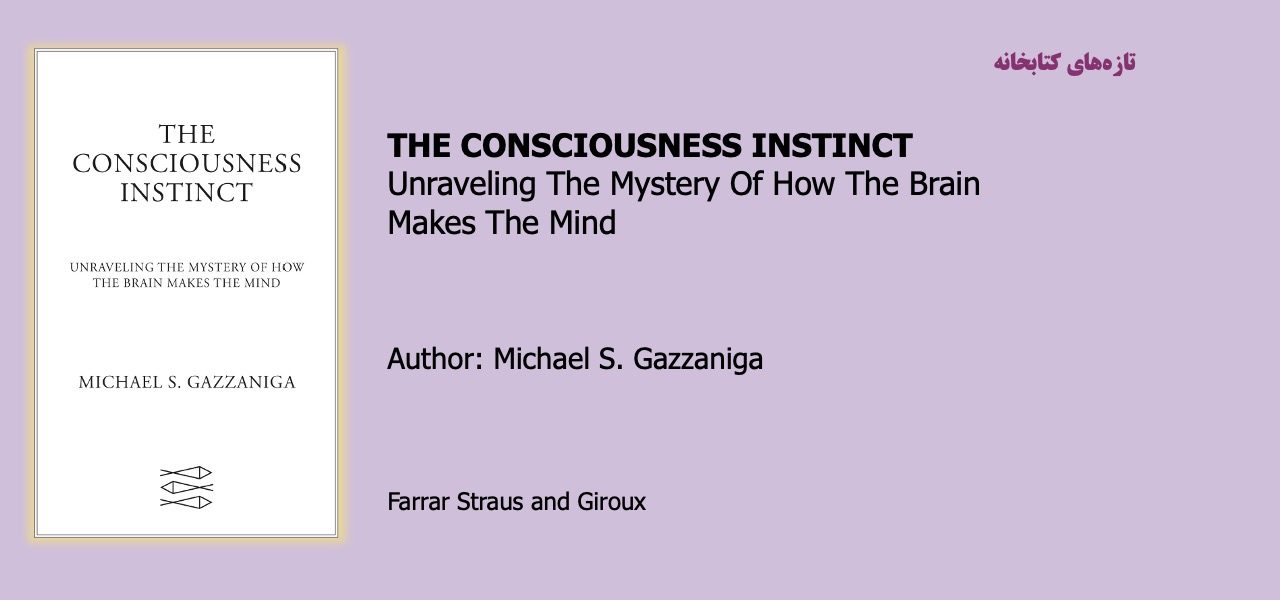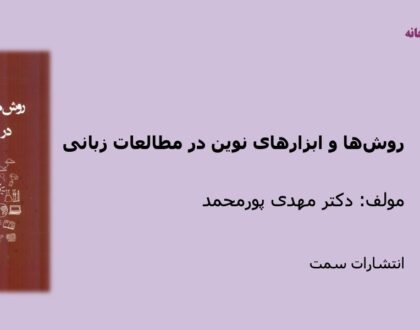The Consciousness Instinct

IMAGINE, IF YOU CAN, being conscious of only one moment—right now. This moment exists without a past or a future. Now imagine life being a series of these moments, each existing in some kind of isolation from all other moments, not connected by subjective time. Imagine being temporarily frozen in each of the moments that together make up normal living. It is hard to imagine this scenario because our minds travel back and forth through time so fluidly, like a ballerina in The Nutcracker. One moment serves as the grist for the next planned action, which is in turn weighed in the present against our past experience. It is hard to imagine this ever not being true. And yet, conk your head in the right way and that might be you, still able to understand the idea of having a past and future, but unable to place yourself in your own past or future. Weird, if true. No past, no future, only the present.
In this book I will take you on a journey through a world where hard-to-imagine alterations in what we call conscious experience are commonplace. The neurologic ward of every hospital is replete with disruptions of normal conscious experience. Each of these cases tells us something about how our brains are organized to deliver up our cherished consciousness, moment by moment. Each example of disruption cries out to be understood, to be used to deduce a coherent story about how our brains build and produce the everyday joys of being conscious. In the past, folks were content to tell stories of these bizarre phenomena. Here in the twenty-first century, it is not enough to simply describe the basketful of intriguing disorders. In this book, my goal is to move forward on the problem of consciousness, and I will try to illuminate how our exquisitely evolved brain is organized to do its magic. In short, I want to examine how matter makes minds. A few years back, a work trip found me passing through customs at Heathrow in London. The passport control officer, an attentive British civil servant, dutifully asked me my name and business and reason for coming to the United Kingdom. I told him I did brain research and was on my way to Oxford for a meeting. He asked if I was aware of the two different functions of the cerebral hemispheres, the left and the right. I somewhat proudly said that not only had I heard about it, I was in part responsible for the work. As he perused my passport, he asked what the meeting in Oxford was going to be about. I responded, with an air of authority, “About consciousness.”
مطالب مرتبط

آموزش مقدماتی کارکردهای اجرایی
۱ / خرداد / ۱۴۰۳

دستنامه عصبشناسی زبان آکسفورد
۱ / خرداد / ۱۴۰۳

روشها و ابزارهای نوین در مطالعات زبانی
۱ / خرداد / ۱۴۰۳

